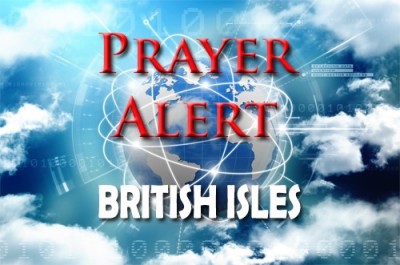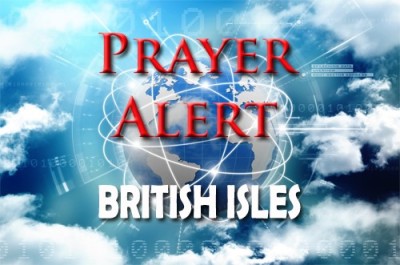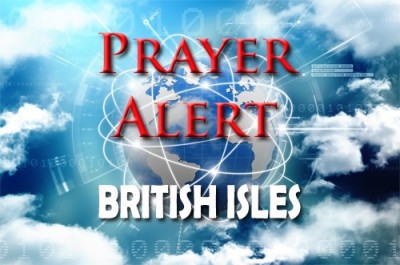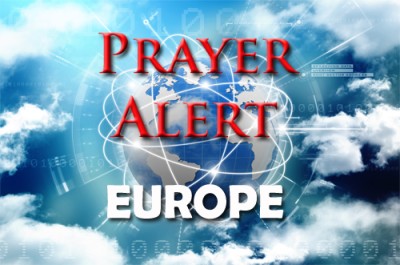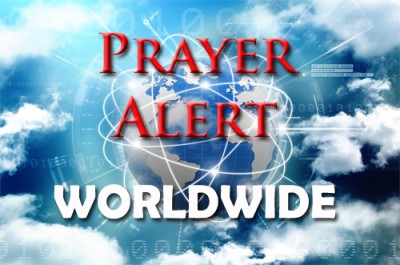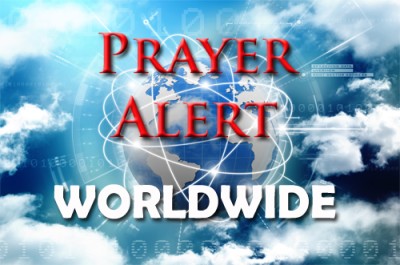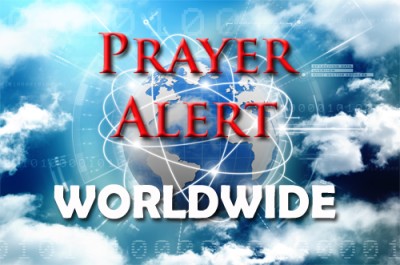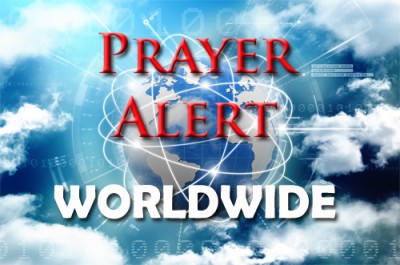Labour MPs are warning of a brewing rebellion over government plans to deepen cuts to the welfare budget this autumn. Keir Starmer and Rachel Reeves face growing dissent after announcing in March a £5 billion reduction in benefits, with additional cuts reportedly under consideration. The proposals, which include tightening eligibility for personal independence payments (PIP) and cuts to universal credit, have sparked concerns across the party. Backbenchers and activists report rising public anger, especially following poor results in local elections and the Runcorn by-election. Critics warn that further cuts could drive more people into poverty, particularly affecting disabled individuals and communities already struggling with high rates of benefit dependence. Two Labour MPs have vowed to oppose the reforms, emphasising the party’s responsibility to protect society’s most vulnerable. Disability advocates, arguing that the cuts prioritise financial savings over people’s wellbeing, are urging the Government to reconsider. Ministers, however, insist reforms are necessary to sustain the welfare system for the future.
The National Cyber Security Centre (NCSC) has issued a warning following recent cyber attacks targeting major retailers including Marks & Spencer, Co-op, and Harrods. Criminal hackers have reportedly impersonated IT help desks to infiltrate company systems, a tactic known as social engineering. The NCSC urges organisations to review their password reset procedures and authentication processes, especially for senior staff with high-level access. Cybersecurity experts advise using multi-layered verification methods, including codewords, to prevent breaches. Although an anonymous group claiming responsibility, calling themselves DragonForce, denies links to the notorious Scattered Spider hacking collective, the methods used are strikingly similar. These hackers have previously carried out high-profile attacks, including on Las Vegas casinos. The NCSC emphasises vigilance against risky logins and unusual account activity. Law enforcement is investigating, with ongoing efforts to confirm links between recent attacks. The Co-op has admitted customer data was compromised, while M\&S’s breach is under investigation. Businesses are reminded to bolster security, as this wave of attacks highlights the evolving threat landscape in today’s digital world.
The Church of Scotland is set to become the first major UK denomination to adopt a neutral stance on assisted dying, marking a significant shift from its historic opposition. This move comes ahead of a crucial Scottish Parliament vote on a private member’s bill seeking to legalise assisted dying for terminally ill individuals with mental capacity. While the bill has strict safeguards - requiring approval from two doctors - critics warn of potential future loosening of eligibility criteria. Scotland’s first minister, John Swinney, a Church of Scotland member, has voiced concerns and is expected to vote against the bill. Proponents argue the change reflects broad public support, with polls indicating that two-thirds of Scots back assisted dying. Humanist and faith-based campaigners alike see the church’s neutral stance as bridging divides between secular and religious perspectives. In contrast, other UK faith groups remain firmly opposed, citing fears of abuse and coercion. As debate intensifies, the Church’s position is seen as pivotal in shaping future discussions on compassionate end-of-life choices in Scotland.
Vatican: a new pope is elected
08 May 2025On 8 May Pope Leo XIV, born Robert Francis Prevost in Chicago in 1955, was elected as the new head of the Catholic Church, becoming the first North American, American, and Peruvian pope. A member of the Order of Saint Augustine, he is also the first Augustinian pope in modern times. Prevost’s career included decades of service in Peru as a pastor, seminary educator, and diocesan official, before rising within his order’s global leadership. He later served as Bishop of Chiclayo and was made a cardinal in 2023, shortly before becoming Prefect of the Dicastery for Bishops - a critical Vatican post. His wide linguistic fluency and diverse cultural experience positioned him as a bridge between the global North and South. His leadership will be closely watched for how he navigates past controversies and leads a Church increasingly shaped by voices from the global south.
On 8 May Pakistan claimed it shot down twelve Indian drones overnight amid escalating tensions following Indian airstrikes which have killed 31 people across Pakistan. General Ahmed Sharif Chaudhry, describing India’s actions as a ‘blatant act of aggression’, said the drone incursions had targeted major cities including Rawalpindi, where Pakistan’s military has its headquarters. Flights have been suspended in major cities of both nations, and a state of emergency declared in Pakistan’s Sindh region. India has not responded to the drone accusations but claimed its earlier strikes targeted terrorist infrastructure connected with the deadly militant attack in Kashmir on 22 April, even though Pakistan has denied involvement in it. Pakistan's prime minister has vowed revenge, while pressure builds on its army chief to respond. Both sides have exchanged shellfire along the contested Kashmir border. Iran has offered to mediate, as global concern mounts over the risk of broader conflict between the nuclear-armed neighbours.
At least 33 Palestinians have been killed in two near-simultaneous Israeli airstrikes on a crowded restaurant and marketplace in Gaza City, according to medics and the Hamas-run health ministry. The Thailandy restaurant, operating as a community kitchen, and a busy market on al-Wahda street were struck, leaving horrific scenes of civilian casualties. Israel’s military said it was investigating the reports. Two days earlier, there were airstrikes on two schools serving displaced families, killing at least 48 people. Israel says it is expanding its military campaign against Hamas, aiming to eliminate the group and rescue the remaining 59 hostages. Critics warn that civilian infrastructure is being targeted and mass displacement and famine are imminent due to a blockade. Gaza’s Hamas-run government accuses Israel of war crimes. The UN has reiterated that Israel is responsible for ensuring access to food and medical aid, and cases of malnutrition are rising alarmingly: see With over 52,000 Gazans reported killed since October 2023, international pressure is growing to halt the violence and resume ceasefire negotiations.
Anthony Albanese has defied the ‘incumbency curse’, securing a historic landslide re-election for Australia’s Labour Party. At the start of the year polls had put Albanese's popularity at record lows, but he led a disciplined campaign focused on cost-of-living concerns, healthcare, housing, and reconciliation with Indigenous Australians. Voters rejected the opposition’s Trump-style campaign led by Peter Dutton, who lost his own seat amid policy missteps and failed attempts to rebrand. With Labour projected to gain 86 seats, and the conservative Liberal-National Coalition reduced to around 40, Albanese becomes the first Australian leader in over twenty years to win back-to-back elections. He now faces pressure to act boldly on climate change, Indigenous reconciliation, and economic reform. International leaders welcomed the result, but there are now questions about whether Labour will now use its strong mandate to pursue lasting change. The campaign’s tone and outcome suggest Australians have chosen stability over polarising rhetoric and disruption.
Over 18,500 Sudanese refugees have fled into eastern Chad in the past two weeks, following devastating attacks on the Zamzam displacement camp and the city of al-Fasher in Darfur. The 11 April assault by Sudan’s paramilitary Rapid Support Forces (RSF) left at least 400 dead in Zamzam after months of starvation and siege. Eyewitnesses report widespread atrocities including executions, torture, and sexual violence. The RSF destroyed the camp’s only medical centre, killing nine aid workers, and burned large sections of the camp. Once home to 500,000 people, Zamzam is now nearly abandoned. Many fleeing refugees, including children and pregnant women, are severely malnourished and traumatised. Chad, already hosting 1.3 million refugees - nearly 800,000 from Sudan - is overwhelmed and struggling to provide adequate shelter, food, and medical care. UNHCR officials, fearing more suffering ahead as the humanitarian situation deteriorates rapidly, are calling for urgent international assistance and intervention.
